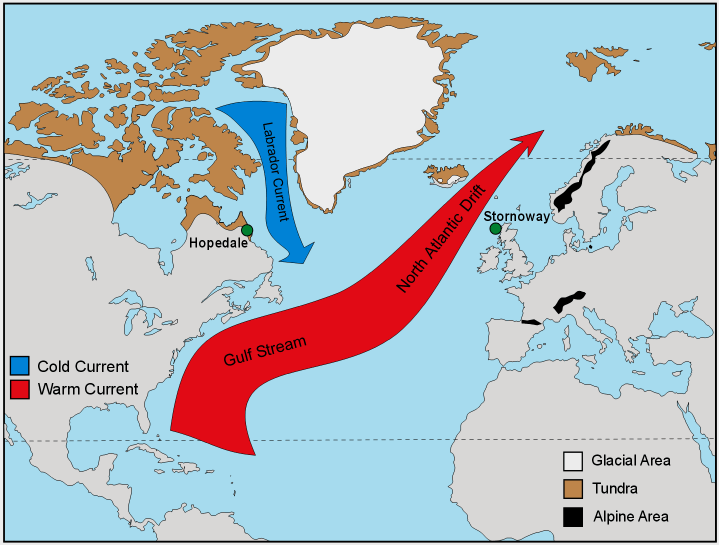Today we will be joined by Dr. Lori Handrahan to discuss America's epidemic in child rape and sexual abuse, and how we move forward in…

Pennsylvania State University

Jesse Lasky is currently assistant professor at Penn State University. His work explores how the environment and human modifications of the environment affect biodiversity at…

A new study finds local weather may play an important role in Americans' belief in climate change. The study, published on Monday, found that Americans'…

Thinking over and over again about conflicts between your job and personal life is likely to damage both your mental and physical health, research from…
LONDON—Warming in the Arctic—one of the fastest-warming regions on the planet—could be heightening the chances of extreme winters in Europe and the US. As the…

Climate change is a serious threat to humans, animals, and the earth’s ecosystems. Nevertheless, effective climate action has been delayed, partly because some still deny…

Should schools be scaling back on the humanities? In short, the answer is no. First of all, the basic premise here is somewhat incorrect. Michael…

Repeat after me: Clustered Regularly Interspaced Short Palindromic Repeats That’s CRISPR, a new GE technology that uses an enzyme, Cas9, to cut, edit or remove…

Plants are one of the last bulwarks against climate change. They feed on carbon dioxide, growing faster and absorbing more of the greenhouse gas as…

The Gulf Stream is the weakest it's been in the last 1,000 years. And as glacier melt in the Arctic continues to accelerate, the foot…
Political scientists at the University at Buffalo and Pennsylvania State University have published new research investigating how partisan differences in macroeconomic policy have contributed to…
